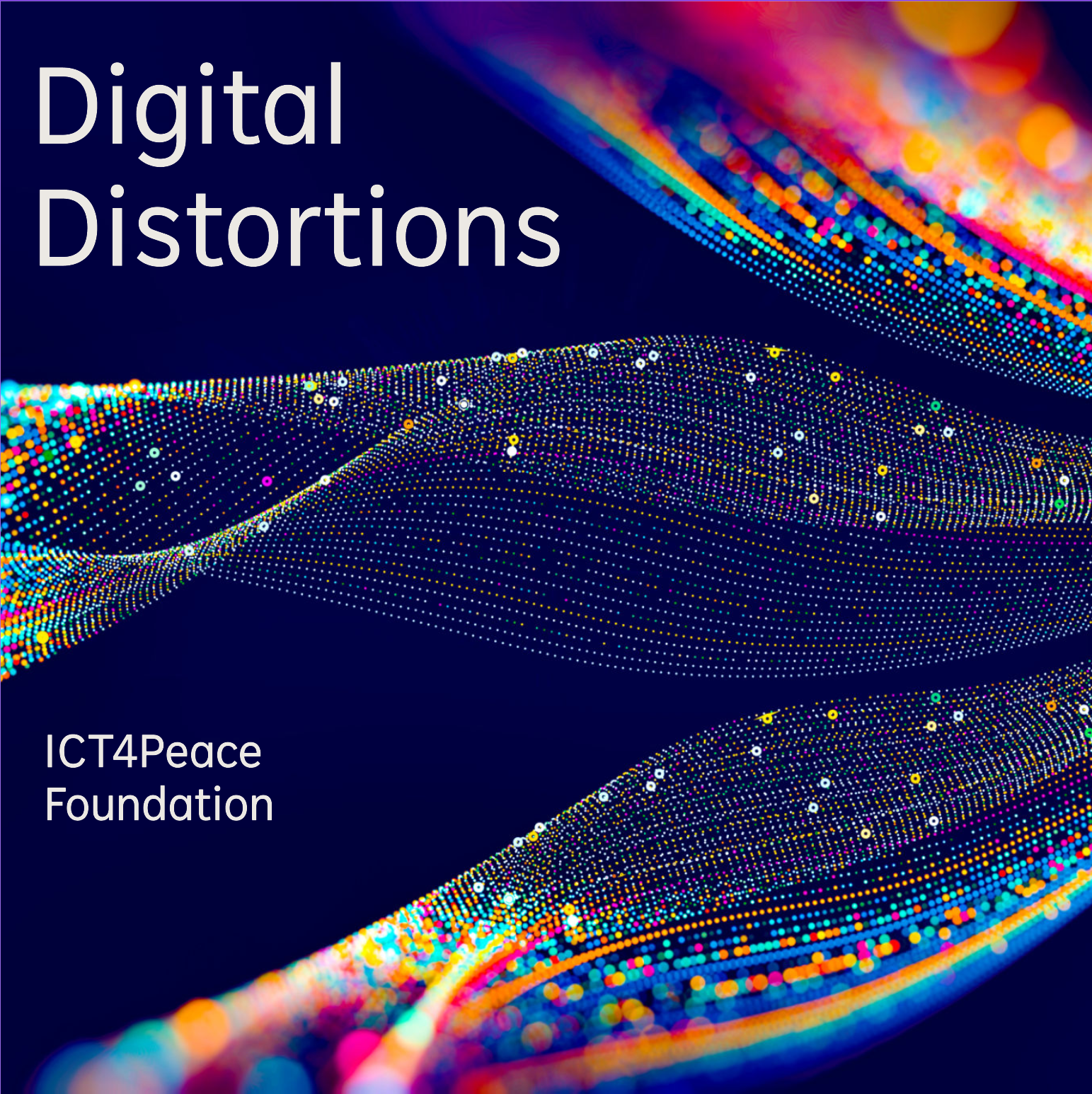The ICT4Peace Foundation is delighted to release the second episode of Digital Distortions, a podcast series looking at the role, reach, and relevance of disinformation, and truth decay in contemporary democracies, hosted by the Foundation’s Special Advisor Dr Sanjana Hattotuwa, and supported by the Daniel Gablinger Foundation.
This podcast features an in-depth conversation with Karsten Donnay, Assistant Professor of Political Behavior and Digital Media in the Department of Political Science and part of the Digital Society Initiative of the University of Zurich as a DSI professor.
Professor Donnay shares insights from his research on how digital platforms are changing political behaviour, news consumption, and perceptions of reality. The discussion delves into the lack of understanding and action from policymakers, particularly in Switzerland, regarding pressing issues like misinformation, hate speech, and the impacts of generative AI. Donnay, and Hattotuwa also examine the potential dangers of social media fragmenting into smaller, more ideologically homogeneous platforms, and the increasing barriers researchers face in studying these phenomena as companies restrict data access. They reflect on how the nature of online discourse seems to have deteriorated since the COVID-19 pandemic and the worrying trend of people losing interest in objective truth in favour of simpler explanations. Throughout the conversation, Dr. Hattotuwa and Professor Donnay grapple with the difficulty of finding solutions to these complex problems, but emphasise the importance of promoting a nuanced understanding of the world in the face of simplistic narratives.
This episode offers a fascinating window into some of the most critical challenges we face in the digital age. Issues, and themes covered by Donnay, and Hattotuwa included,
- The broad scope of Donnay’s work on the impact of digitalisation on politics, including behavioural changes due to digital platforms, how people inform themselves about politics and society, and the “warped lens on reality” provided by being online.
- The lack of knowledge and attention from policymakers, especially in Switzerland, regarding issues like misinformation, hate speech, and the impacts of generative AI. Despite Switzerland being a high-trust society, there is concern policymakers are not adequately grappling with these challenges.
- The dangers of the diffusion of social media platforms into smaller, narrower communities after events like Elon Musk’s acquisition of Twitter. This leads to more segregated conversations and loss of diverse viewpoints compared to larger platforms.
- The increasing lack of transparency and access for researchers to study the impacts of social media platforms and their algorithms, as companies clamp down on data access. This hampers the ability to inform policy.
- The qualitative sense that the nature of online discourse and “netiquette” has shifted for the worse since the COVID-19 pandemic, though empirical evidence is mixed. Politicians in particular are increasingly targeted by online hate.
- Concern over an “epistemic erosion” where people lose interest in what is objectively true, instead gravitating toward simpler explanations over complex truths. This is exacerbated by some politicians exploiting this tendency. Finding solutions is difficult, but promoting an understanding of the world’s complexity is important.
Listen to it on SoundCloud and subscribe to new episodes on Spotify. Also available on major podcast platforms, and apps.

